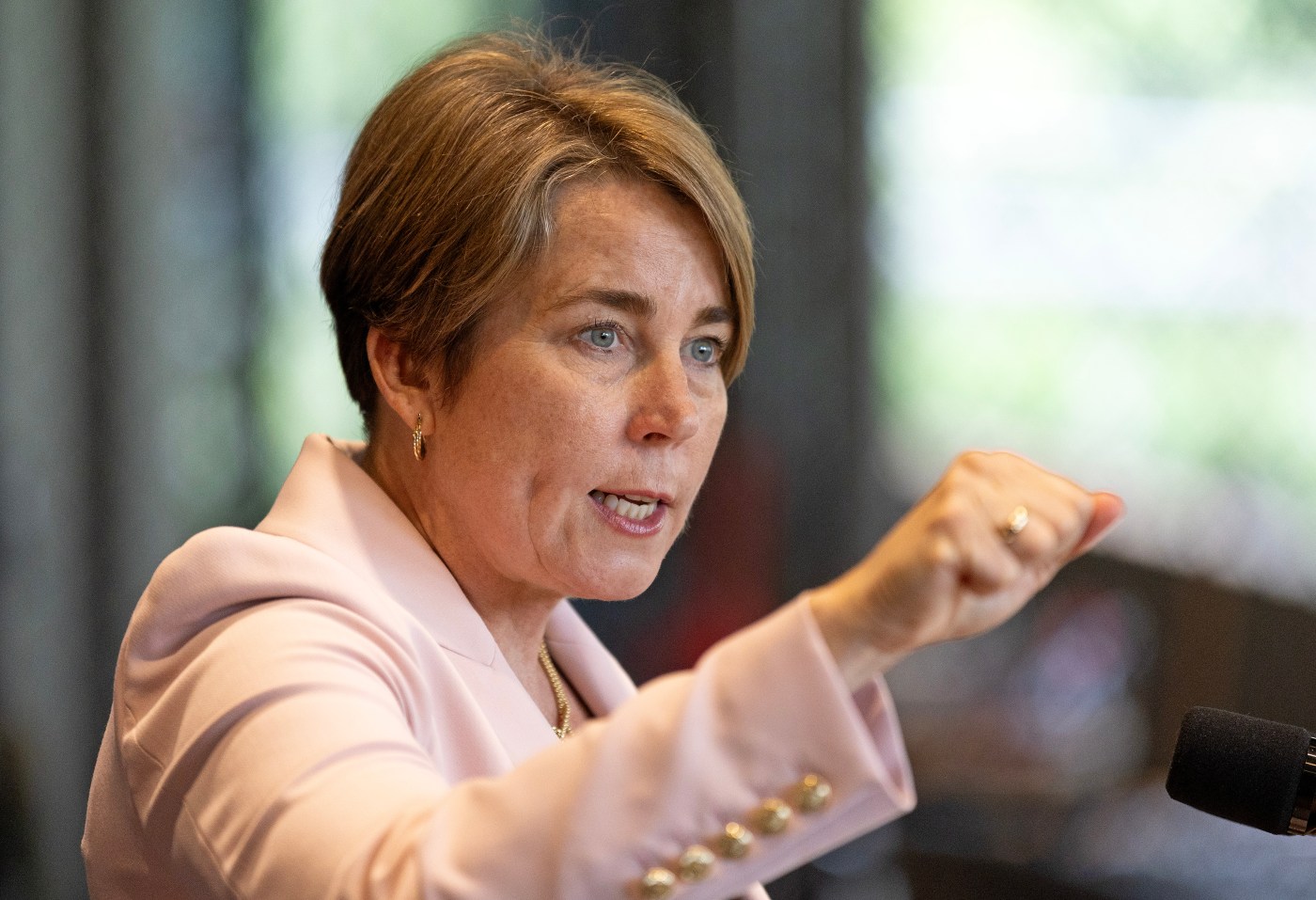
Massachusetts state, education leaders herald student performance, defend MCAS assessment
State and education leaders gathered for an event by the National Assessment Governing Board to herald the Massachusetts’ high educational achievement, highlighting the importance of assessment metrics like currently-challenged MCAS.
“We’re very, very proud, and I’m very, very protective as governor of maintaining our number one rating as an education state,” Healey said in opening the NAGB event.
The event, “Raising the Bar: Massachusetts and The Nation’s Report Card,” discussed the state’s progress since the Massachusetts Education Reform Act of 1993 and current challenges. The board invited former Massachusetts Commissioner of Education David Driscoll to moderate and panelists BPS Superintendent Mary Skipper, Education Secretary Patrick Tutwiler and former Education Secretaries Jim Peyser and Paul Reville.
In the last 2022 NAEP assessment, Massachusetts remained above other states in terms of composite test scores, but dropped to their lowest point in decades amid the pandemic recovery.
Panelists noted the importance of the standards outlined in the Education Reform Act quickly, addressing the current efforts to nix the MCAS standardized test graduation requirement.
Ballot Question 2, an initiative led by the Massachusetts Teachers Association set to appear on the November ballot, would remove the MCAS graduation requirement but keep the test as an assessment tool.
In the first class of students to take the MCAS as a grad requirement in 2003, Peyser said, 25% of students did not meet the requirement. In 2023, that number has dropped to 5%, he said, calling it a “huge success story.”
“Looking back what we did right is we set high standards, the highest in the nation,” Reville said. “We produced some excellent tests. We made those standards count by having stakes associated with them. We had an inclusive process for developing standards and designing tests.”
Peyser called the fate of the ballot question “not only critical to the success of the entire effort, but also is a direct assault on the broader standardization reform that we’ve built up over the course of the last few years.”
Related Articles
Woodward: More young Americans choose career schools
Akiba: Setting Mass. teens on path to financial literacy
Direct admissions: How to get into college without applying
BPS parents will be able to track buses next school year, superintendent says
Harris tells teachers union she’s ready to fight for country’s future — ‘bring it on’
Some flaws in the assessment system, Reville stated, were holding “children accountable first” rather than adults including policymakers and failing to “adjust for time” as the system aged.
Skipper and Tutwiler spoke to other recent initiatives that have “pushed Massachusetts forward,” including universally free breakfast and lunch, $20 million in literacy funding this year, work reducing chronic absenteeism and social and emotional learning resources.
“Assessment is so important, good assessments are important,” Skipper said. “But to Jim’s point, one of the things that’s even more important is being able to then take that really good assessment and develop practices and strategies in the classrooms in our schools and districts that are going to translate to what we all want.”

